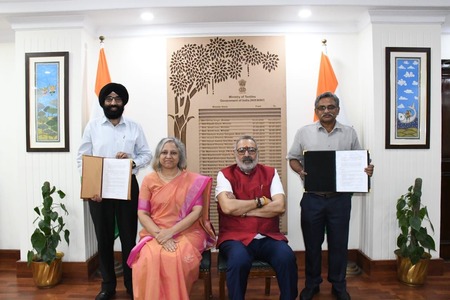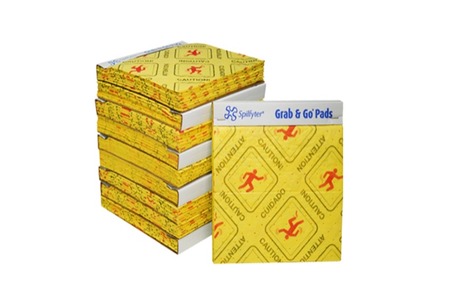TN textile manufacturers turns focus to effective air conserve
YarnsandFibers News Bureau 2016-04-15 15:00:00 – ChennaiTextile manufacturers in Coimbatore and Tirupur having understood that regulating compressed air, which is an essential input for all modern textile machines – from spinning to weaving – can help us conserve air, and consequently save energy. They have turned their focus to air now, trying to conserve its flow from compressors in their spinning and weaving machines to plug leakages and save energy.
Now, the textiles are catching up, said G Ramesh Kumar, who heads Channel Sales at ELGi Equipments, a manufacturer of compressors helping mills with the a three-day pilot of about 30 mills conducted over the last few months proved the textile machines had a lot to gain by regulating compressed air, which is a key input for modern machines from spinning to weaving. Sealing off weak portions and optimising compressor capacity will reduce draw of power by textile machines, which are power guzzlers.
Prabhu Damodharan, secretary of entrepreneur forum Indian Texpreneurs Federation said that they have implemented robust air monitoring systems in many mills now. The idea is to expose the advantages to more mills and create a model for effective air-monitoring and corrective action. Modern textile machines are operated by pneumatic systems, which use gas or compressed air for key processes.
In weaving machines of this day, compressed air ejected from fine nozzles moves weaved threads from one end of the machine to another, a process that was done manually earlier. Compressed air needs to be clean, dry and devoid of impurities like oil or moisture, both capable of impacting performance of the machine. It could lead to increased number of defective garments, higher power consumption or even a sudden breakdown, risking higher capital costs for entrepreneurs.
But according to Manojh Jhajhariaa, joint MD of Salona Cotspin, who had conducted a six-month air audit at his mills, maintenance costs of a compressed air system will equal the price of the product in three years. A full-fledged service once for every 8,000 hours will cost over Rs 4 lakh. Between these services, every time compressed air leaks out of the numerous joints in the air pipeline he had to incur lose of money.
In TN's textile belt, spinners in a large portion belong in the SMEs category. For an average mill of capacity 25,000 spindles, the energy savings through air monitoring stand at 750 units every day which means an annual savings of Rs 200 crore is estimated for the state's spinning industry.
Market Intelligence
Ask for free sample Report

experience
Customer Base
dedicated team
Countries Served Worldwide









